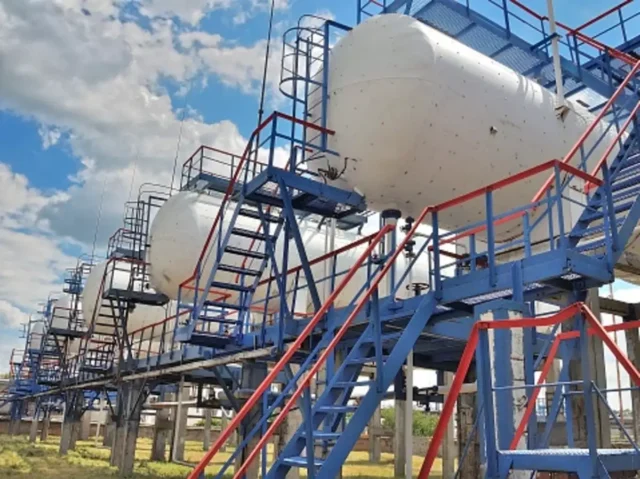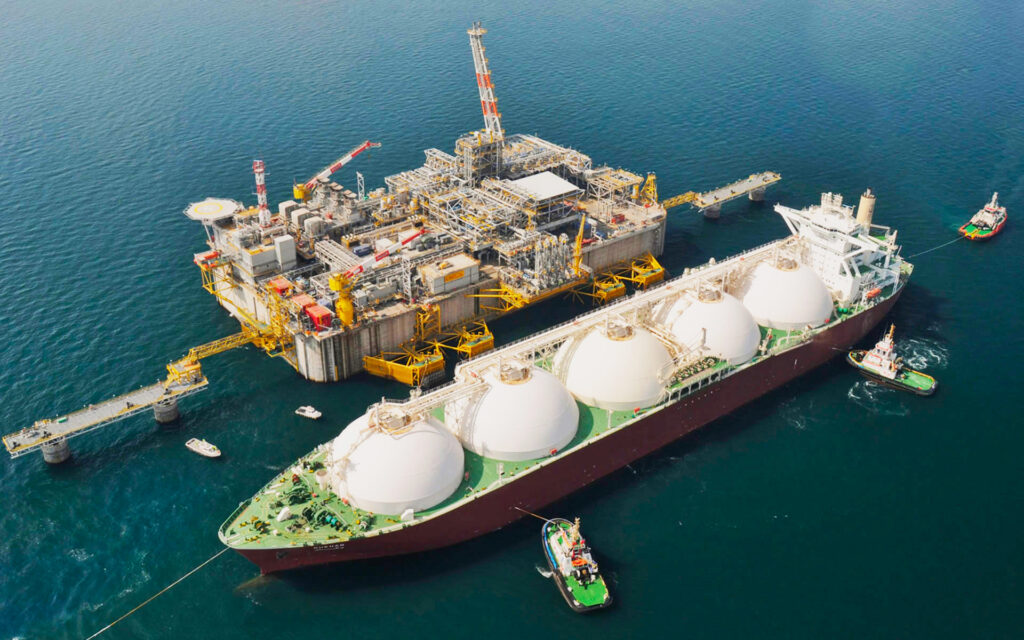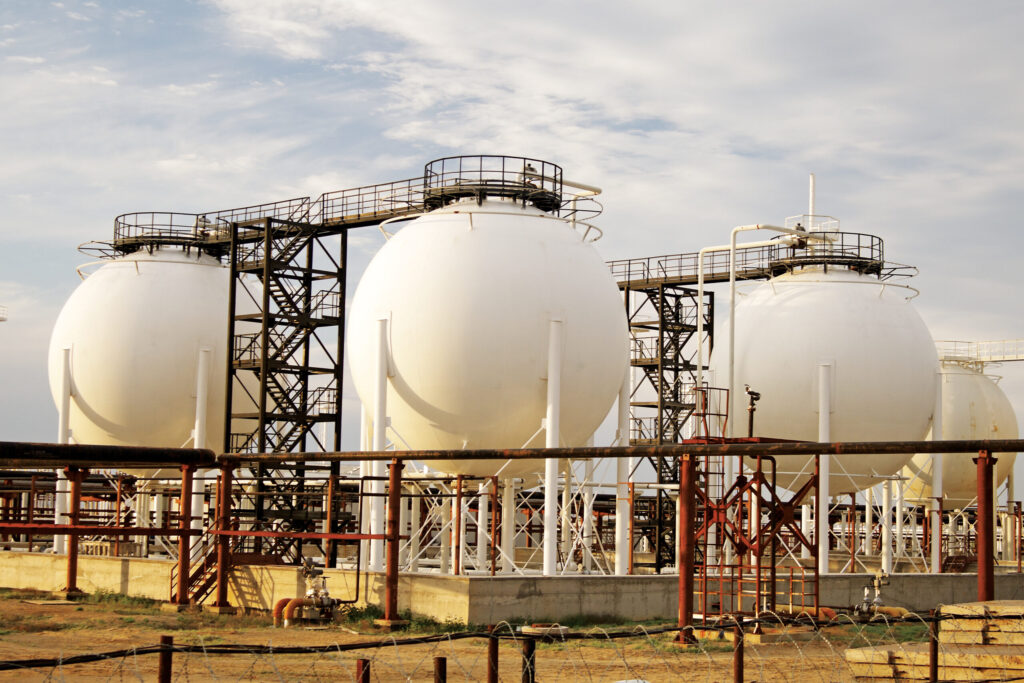
In energy resources, Natural Gas Liquids (NGL) and Liquefied Natural Gas (LNG) have emerged as prominent players, reshaping how we power our homes and industries. Understanding the distinctions between NGL and LNG is vital to appreciate their advantages and potential hazards. Here we will delve into the differences between NGL and LNG, their benefits, associated risks, and their impact on the environment and household energy consumption. NGL and LNG consulting can provide invaluable insights for those seeking in-depth expertise in this field.
It is crucial for consumers and stakeholders to stay informed about these energy sources to make sustainable decisions. Both resources are expanding rapidly, influencing energy markets, policies, and future strategies globally. Their adaptability in multiple industries signifies a broader energy transition. With technological advancements, there’s potential for even safer and more efficient utilization. Being knowledgeable can directly impact cost-saving and eco-friendly choices.
Understanding Natural Gas Liquids and LNG?

Natural Gas Liquids (NGL) and Liquefied Natural Gas (LNG) may sound similar, but they serve distinct purposes in the energy sector. Both play pivotal roles in meeting global energy demands, diversifying the energy mix, and ensuring energy security.
NGL primarily consists of hydrocarbons, such as propane, butane, and ethane, extracted during natural gas production. NGL is commonly used as feedstock for petrochemical plants and in producing plastics and chemicals. It can also be used for residential heating and cooking. The demand for NGLs is expected to rise as they bridge the gap between fossil fuels and sustainable energy sources. As populations grow, the need for versatile energy sources like NGL becomes paramount.
On the other hand, LNG is the result of cooling natural gas to extremely low temperatures, around -260°F (-162°C), transforming it into a liquid state. By using the liquefaction process, the volume of natural gas is greatly decreased, making it more convenient and economical to transport and store. LNG is mostly utilized as an eco-friendly fuel for power generation, transportation, and industrial purposes. As nations seek cleaner fuel alternatives, LNG’s role becomes even more significant. Its reduced carbon emissions and efficiency can help combat climate change. The global shift towards LNG underscores its potential in a sustainable energy future.
Four Advantages of LNG
LNG presents several advantages that make it a preferred choice for various applications:
- Cleaner Energy: LNG is considered a cleaner alternative to other fossil fuels. When burned, it produces fewer emissions of harmful pollutants like sulfur dioxide and particulate matter, improving air quality.
- Reduced Transportation Costs: By using the liquefaction process, the capacity of natural gas can be reduced by around 600 times, making it more cost-effective to transport over long distances. This allows for the worldwide trade of natural gas, decreasing the reliance on a single source of energy.
- Energy Security: LNG provides a diversified energy source, reducing vulnerability to supply disruptions. It can be sourced from various regions globally, offering a stable and secure energy supply.
- Versatility: LNG is versatile and can be used in various applications, including electricity generation, heating, cooling, and as a fuel for vehicles and ships.
What Are the Main Hazards of LNG?

While LNG offers numerous advantages, it is not without its hazards. Understanding these risks is essential for safe handling and storage:
- Cryogenic Temperature: LNG is extremely cold, and direct contact can cause severe frostbite or cold burns. Proper protective equipment and safety measures are crucial when working with LNG.
- Flammability: LNG is flammable when vaporized and mixed with air within a specific concentration range. Adequate ventilation and safety protocols must be in place to prevent accidents.
- Spill Risk: In the event of an LNG spill, the rapid vaporization of LNG can lead to a vapor cloud that may ignite, causing a fire or explosion. Effective spill response plans and containment systems are essential to mitigate these risks.
What is the Effect of LNG on the Environment?
LNG’s impact on the environment is a significant factor in its favor, particularly when compared to other fossil fuels:
- Reduced Greenhouse Gas Emissions: When compared to coal or oil, the combustion of LNG results in fewer greenhouse gas emissions like carbon dioxide and methane. This helps in reducing the global warming potential.
- Lower Air Pollutants: LNG emits fewer pollutants like sulfur dioxide, nitrogen oxides, and particulate matter, leading to make air quality better and reduced health risks.
- Enhanced Energy Efficiency: LNG power plants are known for their high energy efficiency, resulting in less fuel consumption for the same energy output.
- Transition to Renewable Energy: LNG can serve as a bridge fuel, helping countries transition from more carbon-intensive fuels to renewable energy sources.
What is the Effect of LNG on the Household?

The advantages of LNG extend to households in several ways:
- Heating and Cooking: LNG is famous for residential heating and cooking. It burns cleanly, producing less soot and carbon monoxide than other fuels, improving indoor air quality.
- Energy Reliability: LNG provides a consistent and reliable energy source for homes. It is available year-round, ensuring uninterrupted heating and cooking even in extreme weather conditions.
- Cost Efficiency: Homeowners can save money by using LNG as a heating option instead of electric heating or heating oil due to its cost-effectiveness.
- Reduced Carbon Footprint: By choosing LNG for home energy needs, households can contribute to reducing their carbon footprint and environmental impact.
NGL and LNG are distinct yet interrelated components of the energy landscape, each with advantages and challenges. LNG, in particular, has emerged as a cleaner and more versatile energy source with significant environmental benefits. However, it’s crucial to acknowledge the hazards associated with LNG and take appropriate safety measures.
Consulting services specializing in these areas can provide invaluable assistance for those seeking expert guidance and insights into the world of NGL and LNG. NGL and LNG consulting firms offer tailored solutions to navigate the complexities of these energy resources, ensuring their efficient and safe utilization for a sustainable energy future.











